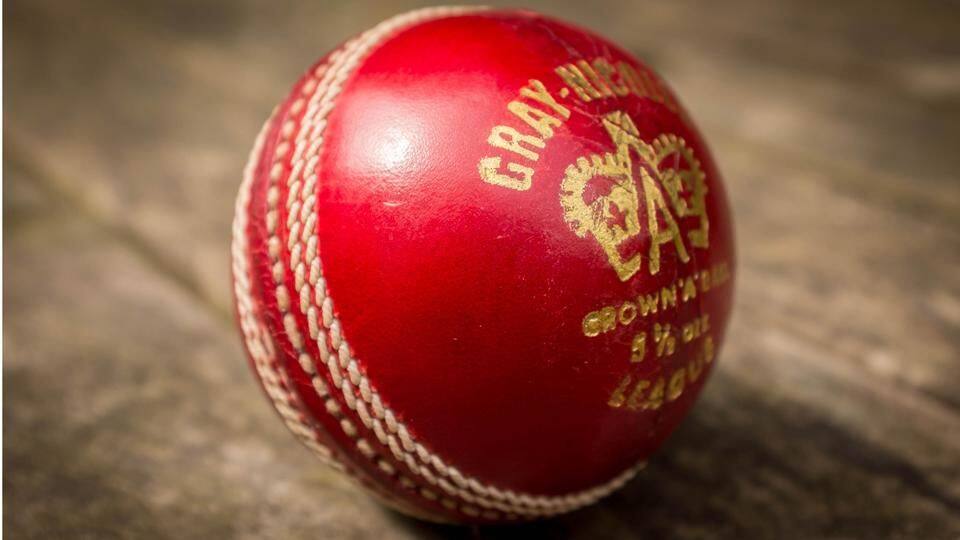
Weird rules of cricket you probably don't know
What's the story
Cricket like any sport has several rules, some are common others rarely come into use. Most of the rules make sense, while there are some uncanny ones, for which we always wonder why do they exist. Here we take a look at some of cricket's weird rules that most of you might not be aware of.
No bails
The game of cricket can be played without bails
Did you know that cricket can be played without bails? Yes, it is within the permit of the laws of cricket. The most recent incident was on June 9, 2017 when Afghanistan played against West Indies and heavy winds made it impossible for the bails to be placed on the stumps. Hence, the captains, along with the umpires, decided to do without them.
Apester Post
Quiz for cricket fans, made by cricket fans
How's that?
No appeal, no wicket
One of the weirdest laws of cricket is the necessity appeal. According to law 31, an umpire can't rule a batsman out unless the bowling side appeals for it. Even if the batsman is technically out and the fielding side does not appeal, the umpire will not declare him out. The appeal is usually a query in the form of "How's that?"
5 penalty runs
Helmets prove costly at times
Five penalty runs can be awarded in cricket to the batting side, if the ball strikes a fielder's helmet when it is on the field and not worn by the player. The penalty is also awarded if a fielder willfully stops the ball with anything other than his body. Fake fielding attempts, to deceive a batsman, also cost a penalty of 5 runs.
Information
Dhoni's run out attempt goes wrong
During the ICC Champions Trophy 2017, Bangladesh were awarded 5 penalty runs against India, when Dhoni attempted to flick a ball at the stumps and the ball instead hit his glove, which was placed close to the stumps.
Striking deals
Forfeiting innings of a Test match
You can forfeit an entire innings of a Test. One famous incident, that occurred in the past, was between England and South Africa in 2000. Rain played spoilsport and SA captain Hansie Cronje made an offer to England captain Nasser Hussain to chase down 249 in 76 overs. South Africa forfeited their second innings while England forfeited their first innings.
Information
Hansie Cronje's match fixing episode
This Test match between South Africa and England is remembered for other reasons. The forfeiting of the innings turned out to be a match-fixing deal in which South Africa captain Hansie Cronje was involved with.
Do you know?
Not out if glove is not in contact with bat
One of the rules of caught out in cricket states that a batsman cannot be ruled out if the ball hits the batsman on the glove and is caught but the hand or the glove is not in contact with the bat.
He too didn't know
Hearth walks away despite being not out
During the final Test at the Lords between England and Sri Lanka in June 2014, Rangana Herath was caught with the ball hitting his glove that was not in contact with the bat. Umpire had not ruled Herath out, but he walked away because he did not know the rule. Umpire made it clear that the batsman had walked away of his own volition.